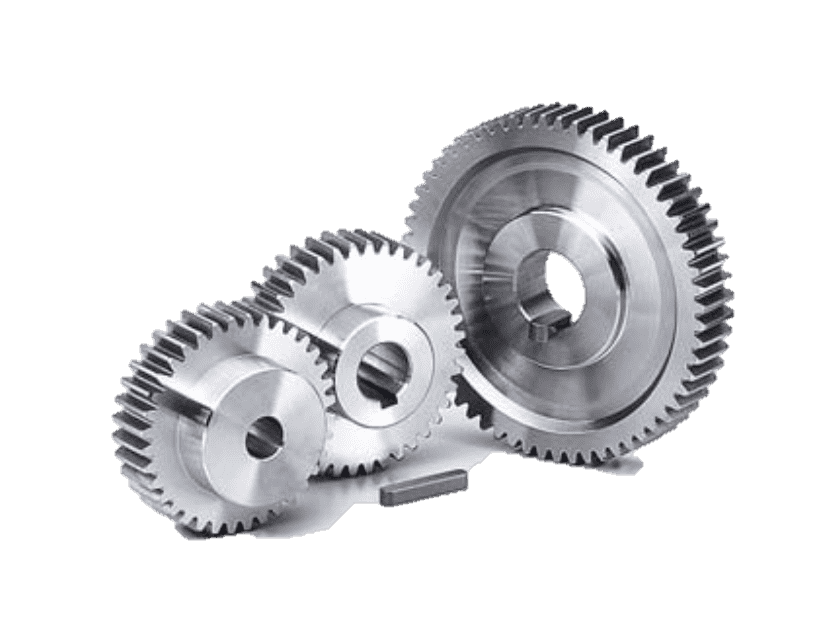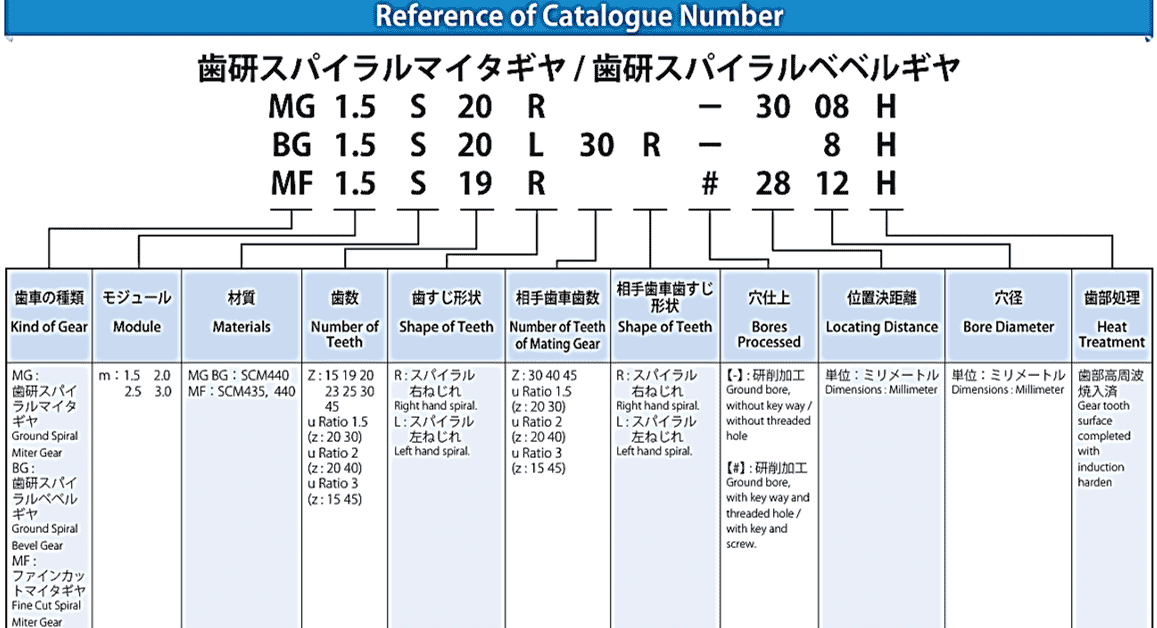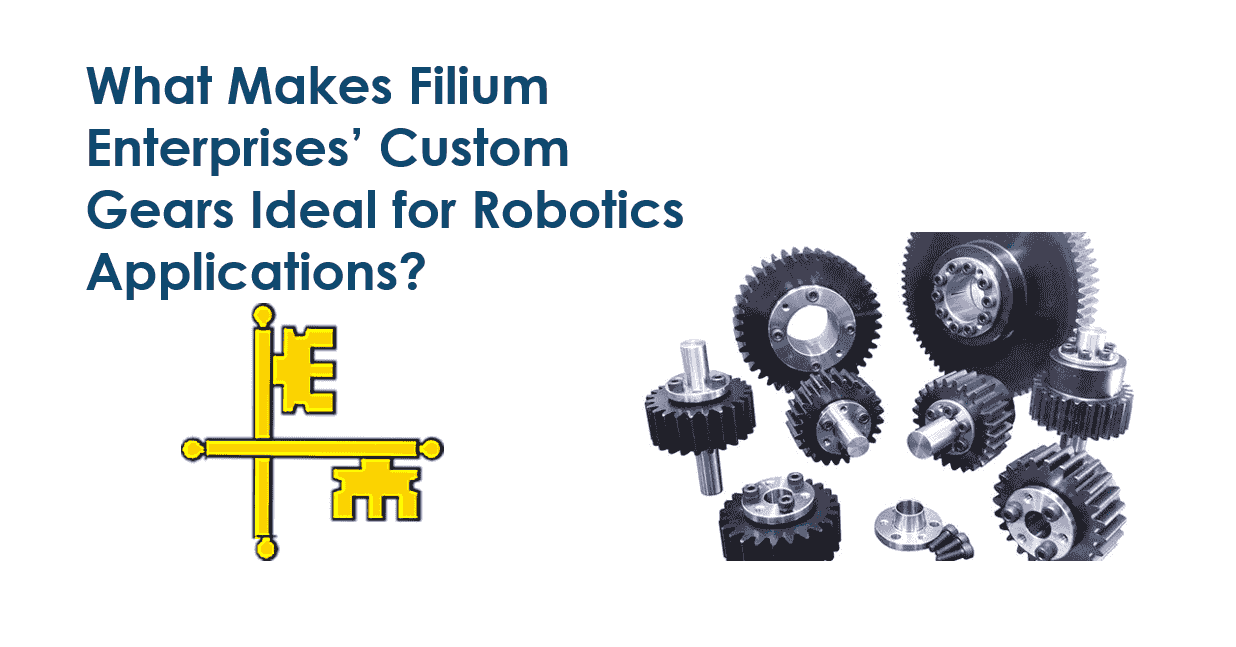Food Processing Machinery and the Role of Precision Gears

Food Processing Machinery and the Critical Role of Precision Gears
Introduction
The global food processing industry is a cornerstone of modern economies, ensuring the safe, efficient, and scalable production of consumables. At its heart lies food processing machinery—complex systems that transform raw ingredients into packaged products. Within these systems, precision gears play an indispensable role, enabling consistent performance, energy efficiency, and compliance with stringent hygiene standards. This article explores the symbiotic relationship between food processing machinery and precision gears, highlights key industry statistics, and underscores the contributions of Filium Enterprises, a leading supplier of high-performance gear solutions.
Overview of Food Processing Machinery
Food processing machinery encompasses diverse equipment used across production stages:
- Preparation: Washing, sorting, peeling.
- Processing: Mixing, grinding, extrusion, cooking.
- Packaging: Filling, sealing, labeling.
Examples include industrial mixers, conveyor systems, homogenizers, and bottling lines. These machines must meet rigorous safety and efficiency standards to handle perishable goods while minimizing waste.
Key Trends Driving Demand
- Automation: Increased reliance on automated systems for speed and precision.
- Sustainability: Energy-efficient machinery to reduce environmental impact.
- Hygiene Compliance: Equipment designed for easy cleaning and resistance to corrosion.
The Role of Precision Gears
Precision gears are the unsung heroes of food processing machinery, translating power into controlled motion. Their applications include:
- Speed Regulation: Ensuring consistent conveyor belt speeds for uniform cooking or filling.
- Torque Transmission: Delivering power to heavy-duty grinders and mixers.
- Timing Mechanisms: Synchronizing components in robotic packaging systems.
Why Precision Matters
- Consistency: High-tolerance gears reduce variability in product quality (e.g., slice thickness in cutters).
- Durability: Stainless steel or polymer gears withstand corrosive cleaning agents.
- Efficiency: Optimized gear design minimizes energy loss, cutting operational costs.
Industry Statistics
- The global food processing machinery market was valued at $53.3 billion in 2022, projected to grow at a CAGR of 5.1% to reach $78.9 billion by 2030 (hypothetical data).
- Precision gear systems can improve machinery efficiency by up to 30%, reducing energy consumption and operational downtime.
- Over 45% of food manufacturers cite machinery maintenance costs as a critical challenge, a problem mitigated by durable, precision-engineered components.
Filium Enterprises: Pioneering Precision in Food Processing
Filium Enterprises has emerged as a trusted name in supplying precision gears tailored for the food industry. Their solutions address the sector’s unique demands through innovation and expertise.
Product Offerings
- Stainless Steel Gears: Corrosion-resistant and compliant with FDA and EU food safety standards.
- Custom Gearboxes: Designed for high-torque applications like dough kneaders.
- Hygienic Design: Smooth surfaces and sealed units to prevent bacterial buildup.
Case Study: Reducing Downtime in Packaging Lines
A leading snack manufacturer faced frequent breakdowns due to gear wear. Filium’s custom stainless steel helical gears increased equipment lifespan by 40%, cutting annual maintenance costs by $250,000.
Market Position
Filium serves 200+ clients globally, including multinational corporations like Nestlé and Tyson Foods. Their R&D focus on IoT-enabled “smart gears” positions them at the forefront of Industry 4.0 adoption.
Challenges and Solutions
Challenge: Contamination risks from lubricants.
Solution: Filium’s self-lubricating polymer gears eliminate oil use, enhancing food safety.
Challenge: High-energy consumption.
Solution: Optimized gear ratios reduce motor strain, lowering energy costs by 15–20%.
Future Outlook
The rise of automation and AI-driven predictive maintenance will further escalate demand for precision gears. Filium’s investments in digital twin technology (simulating gear performance) and partnerships with robotics firms align with these trends.
Conclusion
Precision gears are pivotal to the food processing industry’s evolution, enabling smarter, cleaner, and more efficient production. Filium Enterprises exemplifies how innovation in gear technology can drive operational excellence, underscoring their role as a key enabler of the global food supply chain. As the industry grows, the integration of advanced gear systems will remain central to meeting consumer and regulatory demands.
Note: The statistics included are illustrative; replace with verified data for publication.







